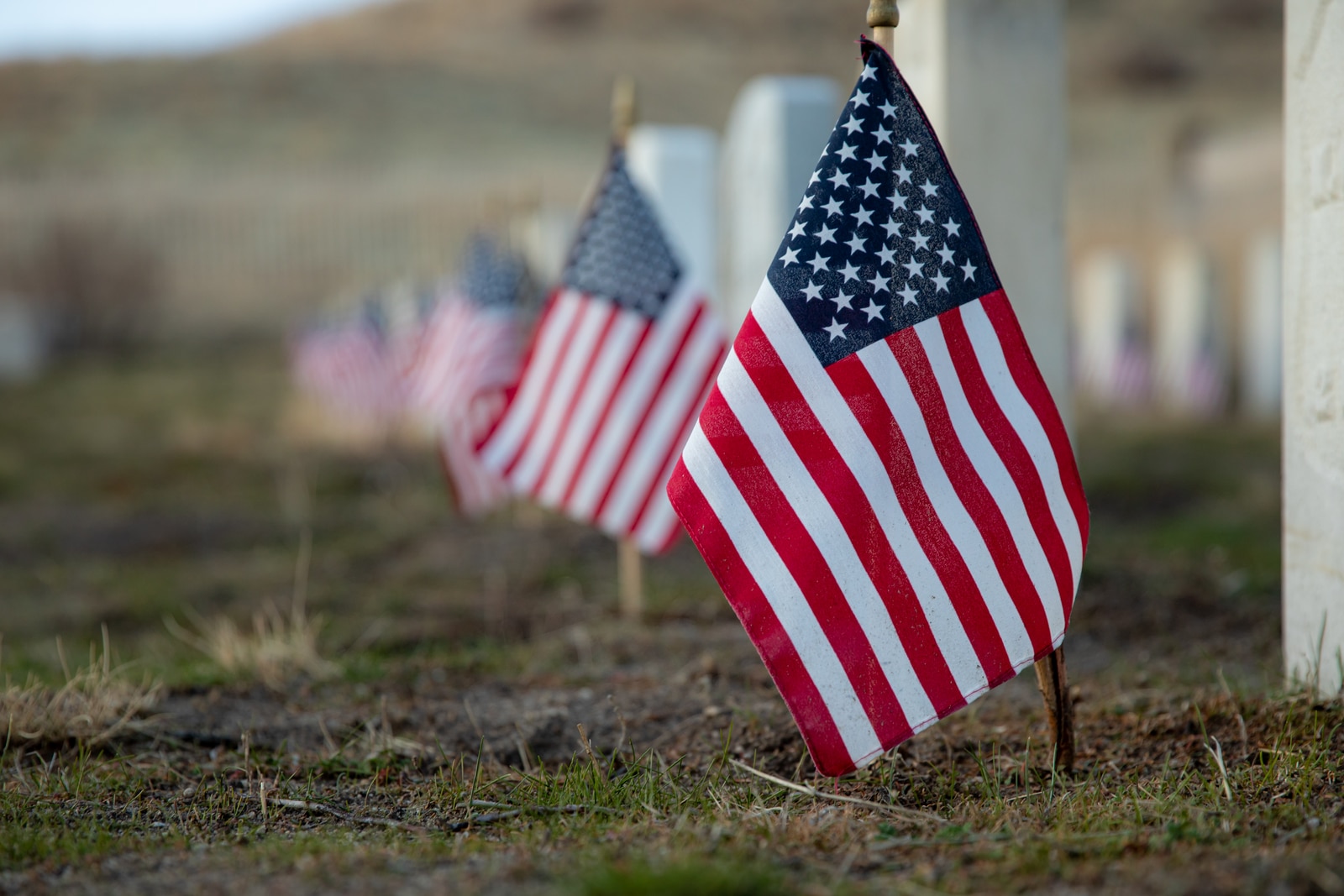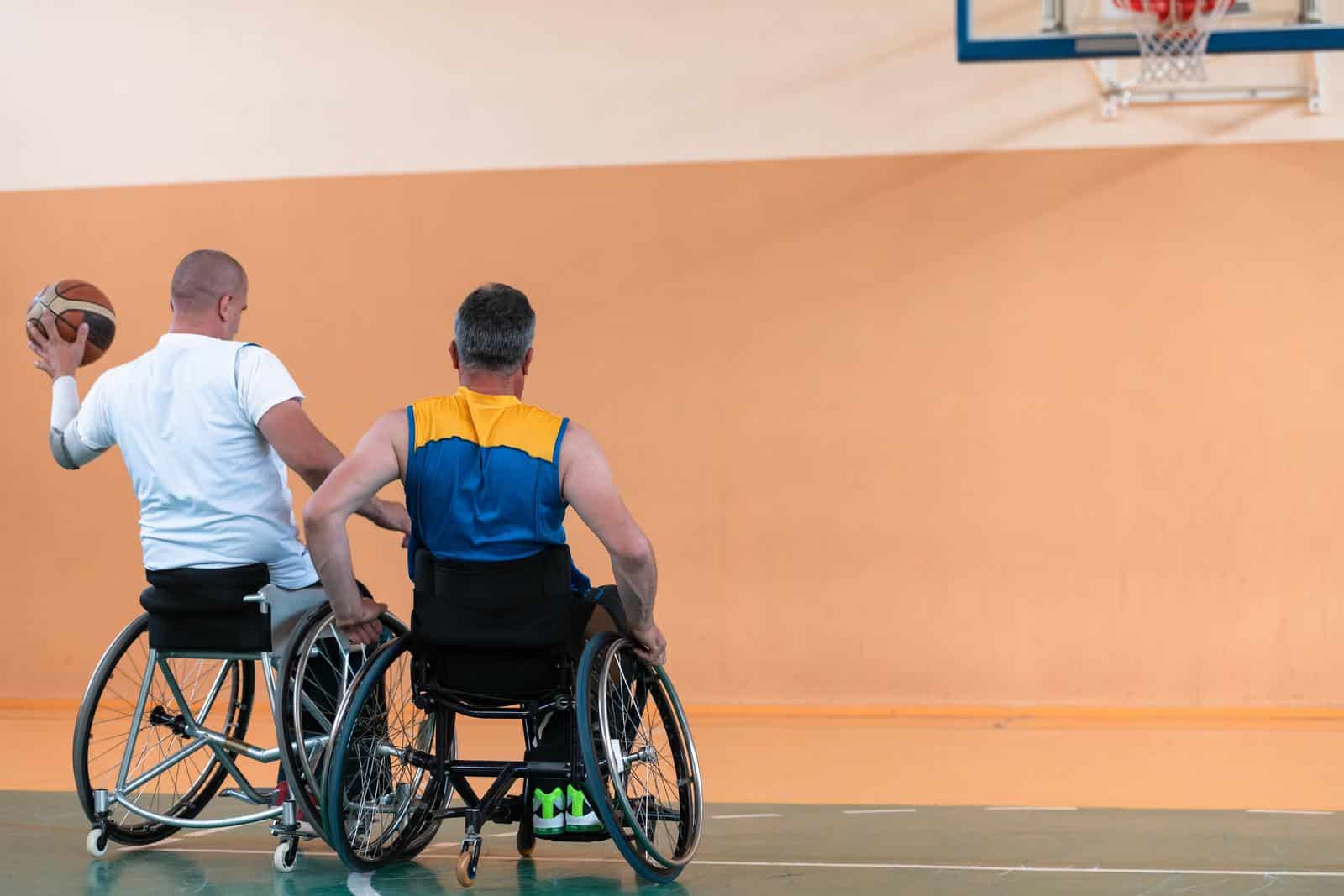The simple answer to whether your spouse will continue to receive your VA disability payments after you die is, in some cases, yes.
If you do not know, you better read on to learn more.
If you qualify for disability payments from the VA because of a service-related injury or illness, your spouse may qualify to receive tax free payments through a program called Dependency Indemnity Compensation frequently called DIC.
But, there are some exceptions.
These are the kinds of exceptions where, if your disability compensation cases are not properly documented, or if you failed to receive a total disability rating, your spouse could be out of luck.
How much could be at stake?
A typical spouse with 2 kids could receive over $3,000 per month.
If the dots are not connected between your rated disability and the cause of death without a total disability rating, things could get hairy.
The best course you can take when determining how your death will affect your disability payments is to talk with a knowledgeable veterans’ lawyer, like at our law firm or a Veteran Service Organization you trust in your area.
We can help answer your questions and ensure you and your family receive the full compensation you deserve, so call us today.
How Does The Surviving Spouse Qualify For VA Disability Payments?
Several conditions must be met for your spouse to continue receiving financial support through the VA disability program. At least one of the following must be true about you, the veteran who qualifies for disability payments:
- Your death occurred while on active duty;
- Your death was due to a service-connected disability; or
- If death was not due to a service-connected disability, you were entitled to VA disability compensation for totally disabling conditions (permanent and total) or based on individual unemployability, if:
-
- It was for a period of at least 10 years prior to death; or
- Since release from active duty and for a period of at least five years prior to the veteran’s death; or,
- For at least one year before death, if the veteran was a former prisoner of war who died after September 30, 1999.
The VA should grant DIC benefits without an investigation if a service-connected condition is listed as the cause of death.
If the service-connected condition was contributory to the cause of your death, then VA would need to conclude the condition contributed “substantially and materially” to the cause of death and grant service-connection for the death without further investigation.
If the condition that caused death was not already service-connected when you die, then the widow or widower can still submit a claim for DIC. VA will then need to adjudicate the matter to evaluate whether the cause of death can be service-connected.
If the cause of death is a presumptive disability, and the evidence shows the veteran met the presumptive criteria of that condition, VA should grant service-connection without further investigation.
Your spouse must also be able to prove that at least one of the following is true:
- He/she married you, the service member, before January 1, 1957,
- The marriage took place within fifteen years of your discharge,
- The marriage lasted at least one year, or
- He/she shares children with you.
Your spouse must also prove that he or she has not remarried, as this would discontinue any VA benefits.
We cover the basics for spouse DIC benefits here, but you should also check out the VA’s own website for additional information:
https://www.va.gov/disability/dependency-indemnity-compensation/
How Can I Make Sure My Spouse Will Continue Receiving VA Disability Benefits?
Speaking openly with your spouse about the possibility of your death can be difficult, but this is a critical first step in ensuring their needs will be met if you should die.
The two of you should discuss the benefits that may be received through VA disability and familiarize yourselves with the Dependency and Indemnity Compensation (DIC) that allows your spouse to receive VA benefits after you die. With this knowledge, you can plan for your spouse to apply for and receive the benefits they deserve.
The most important step is to reach out to a skilled veterans’ attorney for help. That is why you should call us today.
What is DIC?
DIC, or Dependency and Indemnity Compensation, is a monthly benefit payment initiative administered by the Department of Veterans Affairs (VA). This program is designed to provide financial support to the surviving spouse and children of a servicemembers who lost their life while on active military duty. The monthly compensation is determined based on factors such as the veteran’s age and the number of dependents.
To qualify for Dependency and Indemnity Compensation, individuals must meet specific eligibility criteria. This includes being the legal spouse of a serviceman who passed away during active service, being unmarried and under 18 years old, or pursuing full-time education within the age range of 18 to 23 years. Additionally, the claimant must demonstrate dependency on the veteran at the time of their death. Meeting these requirements ensures eligibility for this important program, offering crucial financial support to those who have lost a loved one in service to their country.
What Defines a “Veteran’s Surviving Spouse” for the DIC Program?
In the context of the DIC program, a surviving spouse is specifically identified as an individual who was legally married to the deceased veteran at the time of the veteran’s death, with the additional requirement that the marital union must have endured for a minimum of one year.
While the definition is precise, there are situations where an individual may still be recognized as a surviving spouse even without a lawful marriage to the deceased veteran. For instance, if a veteran has a child with someone who is not formally recognized as their spouse, that individual may still qualify as an eligible surviving spouse under certain circumstances.
What Criteria Determine Eligibility for DIC?
To avail for Dependency and Indemnity Compensation (DIC) benefit payments from the VA, it is essential to confirm that, at the time of the veteran’s passing, they experienced an injury or illness directly connected to their military service. Furthermore, the claimant must provide evidence establishing the marital relationship between the veteran and themselves.
How Much VA Disability Will My Spouse Receive?
The amount of VA Disability pay a qualifying veteran’s surviving spouse receives varies based on the duration of their marriage, amount of time since the veteran’s death, number of minor or dependent children, extent of the veteran’s disability while he or she was alive.
Let’s first start with the monthly rate assuming nothing else. The current monthly rate as of 2024 is $1,612.75 per month.
From there, assuming the veteran received Aid and Attendance, the spouse was married for 8 years with two minor children within 2 years of the death, the payment breakdown could look like this:
$1,612.75 (monthly rate)
+ $399.54 (first child under 18)
+ $399.54 (second child under 18)
+ $342.46 (8-year provision)
+ $399.54 (Aid and Attendance)
+ $342.00 (transitional benefit for the first 2 years after the Veteran’s death)
= $3,495.83 per month
After the 2 year transition period ends, the total payment would be reduced to $3,153.83.
Here are the current VA DIC rates from the VA website:
https://www.va.gov/disability/survivor-dic-rates/
In many instances, the surviving spouse and minor children may also be eligible for Social Security benefits in addition to VA DIC benefits.
Would My Spouse Get DIC If She Remarries?
Generally, once a surviving spouse remarries, VA will discontinue DIC benefits, but there are some exceptions.
DIC will continue after being remarried for surviving spouses who get remarried after reaching the age of 57 on or after December 16, 2003.
DIC will discontinue for a surviving spouse if they remarry but can be reinstated if the new marriage ends in death, divorce, or annulment. Once the new marriage is terminated, the DIC benefits can be restarted.
Do I Need An Attorney Or VSO To Apply For DIC Benefits?
No, you do not, but you should apply as soon as possible after the veteran’s death. If you file within one year of the death, you may be eligible for retroactive benefits starting one month after the veteran’s death.
You can apply for DIC benefits after your veterans dies all on your own, but if you are denied, you may need representation to win an appeal.
First, apply for VA DIC by filling out VA Form 21P-534EZ, “Application for Dependency and Indemnity Compensation (DIC), Death Pension, and/or Accrued Benefits by Surviving Spouse or Child.”
Once filled out, you can submit it by mail or fax to the VA Pension Management Center (PMC) that serves your state. You can also submit it using VA’s online application.
What Documents You Will Need
To apply for DIC benefits, you will need basic documents to prove your entitlement.
To your application, you will want to attached
- Discharge or separation paperwork like the DD214 or equivalent
- Dependency records such as a marriage certificate, child birth certificates
- Medical evidence as to cause of death such as a coroners report
- Transcripts to prove college attendance for children 18-23 years old
Beyond this, you may need additional documents such as prior divorce decrees, etc.
What is the VA Survivors Pension?
Survivors Pension by the Department of Veterans Affairs (VA) provides monthly financial support to eligible surviving spouses and unmarried dependent children of veterans who served during wartime, subject to specific income and net worth criteria established by Congress. To determine your eligibility and initiate the application process, explore the qualifications and application procedures outlined by the VA Survivors Pension program.
Can A Veteran’s Attorney Help Me Get VA Disability Payments For My Spouse After I Die?
With the high-risk nature of military service, you never know when your time might come. Your family should be taken care of in the event of your death, and knowing that they will receive VA disability benefits after you die can be a great comfort to you and them.
Our veterans’ lawyer knows how challenging it can be to navigate the legal aspects of the VA. That’s why we are here. We enjoy helping those who have served our country live with the peace of mind that they and their families will be provided for, thanks to their selfless service.
For veterans with less than a total disability rating, getting your ratings increased before death could result in your loved once gaining some security after you pass away.
It is important to take action on new claims, wrongly denied claims, or claims where an increased rating is justified.
Call us today to ensure your loved ones have the benefits they deserve at (612) 888-9567.




 Call Us Now
Call Us Now Email Us Now
Email Us Now


